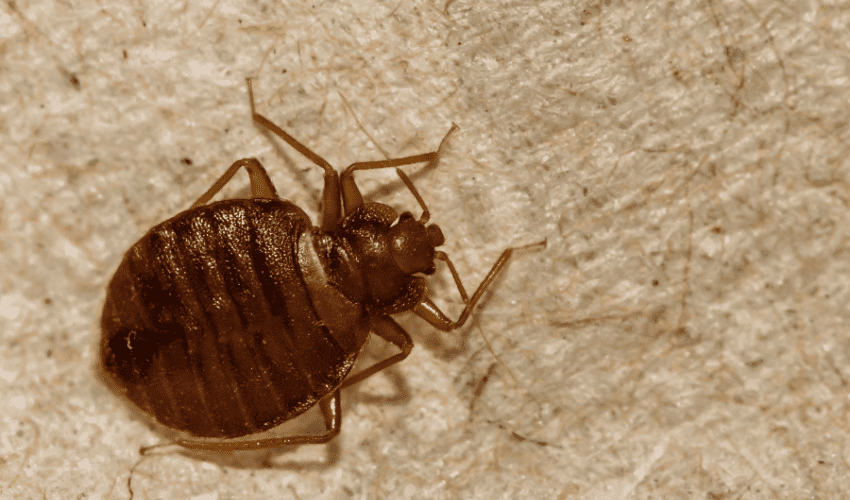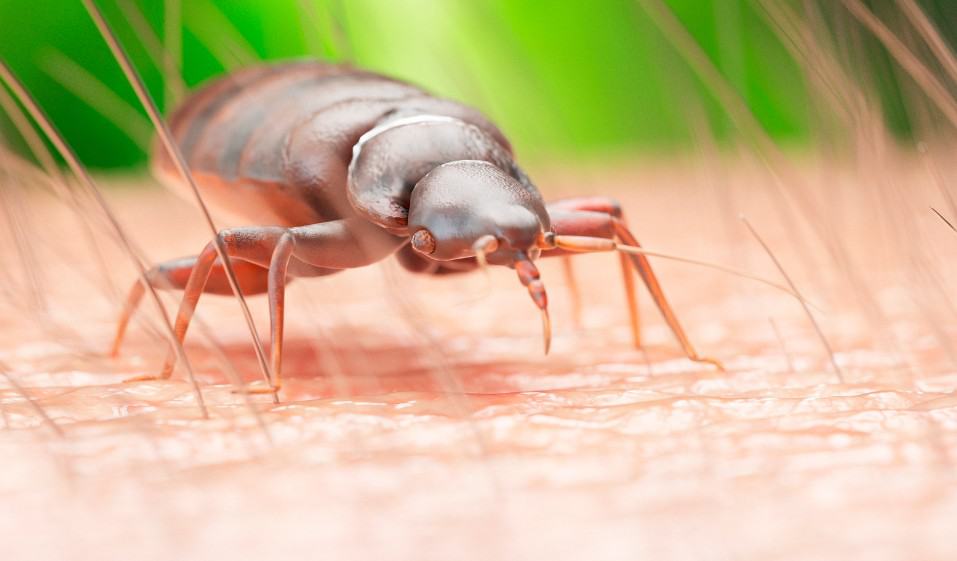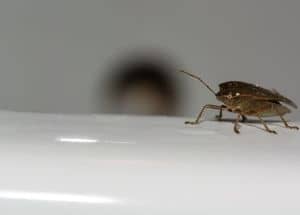Bed bugs can survive for long periods without eating anything by lowering their metabolic rate and storing fat. How long can a bedbug survive without food? There are average numbers you will figure out below in the article. Their age, the environment in which bed bugs are located, and humidity affect their lifetime without feeding.
When you consider how long these creatures can go without eating, it becomes clear that starving isn’t an option for getting rid of them. These little bugs will test your endurance to the limit! Read my detailed guide to know some interesting facts about their eating habits.
[wpsm_titlebox title=”Bed Bugs Food Preferences” style=”main”]
A common concern of average homeowners is how long bed bugs can survive without eating. They feed primarily on human blood. Because of this, many people think they can starve them out by not feeding them when a house or flat is empty. Starving bed bugs is tough and typically unsuccessful since they can survive for long periods without nourishment.
[/wpsm_titlebox]
How long can bed bugs live without food?
How long can a bedbug survive without feeding? These insects can go without feeding anywhere from 20 days to 400 days on average. However, this significantly depends on the environmental settings in which they are located. The optimal temperature range for bed insect survival is between 59 and 91 degrees Fahrenheit. High humidity provides them with the moisture they require, increasing their lifespan.
The bed bug’s age is the primary factor. The nymph stage is when a bed bug is still developing into an adult, but it cannot survive as long as a mature individual does without sustenance.
These creatures consume less energy and can survive longer without feeding in colder environments, such as those provided by air conditioning or by nature. In its adult form, a bed bug can go without dying a full year between meals, which explains the essence of the bed bug life cycle without food.
[su_youtube url=”https://youtu.be/8jPWM6peI38″]
What do bed bugs eat?
Bed bugs can only consume blood due to the design of their mouth. They lack both teeth and functional mandibles, making chewing impossible. Although other warm-blooded animal blood is okay for them, they still prefer humans.
How long can bed bugs live without a human? When everything else fails, they resort to feasting on your dog, cat, or bird. When alternative food sources are scarce, these bugs sometimes adhere to rodents. Therefore, if they invade your home, you and your family members constitute their main food source.
How often do they eat?
The lifespan of a bed bug without food improves at each successive stage of its existence. Once they reach maturity, they can go a whole year without food. Even without feeding, adults of the bed bug species can survive for up to 18 months without food, according to research.
A bed bug can swallow up blood exceeding its body weight up to six times during a single meal, which is rather remarkable. It takes approximately five minutes for nymphs to finish a meal, whereas, for adults, it takes roughly ten. To digest the blood it has just consumed, the pest withdraws to its hiding place.
Adult bed bugs and nymphs both eat once every five to ten days. Since female bed bugs produce eggs once a day, adult females have a greater feeding requirement than males. It’s safe to assume that you have a significant bed bug population if you wake up itchy from bites caused by them every day.
When still immature, these insects eat more regularly, sometimes even several times a day. However, their feeding frequency is subject to the accessibility of food sources. You should also consider the matter of ambient temperature. This is mostly because they can always go into a dormant-like state if environmental conditions become too harsh.

Is it possible to starve bed bugs?
It’s technically true that starvation can kill them. However, it’s not feasible as a method of bed bug extermination, as it won’t entirely eliminate insects. Why? Due to the following reasons:
- It is not financially viable to leave an apartment uninhabited for long periods because of fears about these bugs. This is especially true when one considers how quickly and easily they can be eliminated by other measures such as steaming.
- No amount of time, however lengthy, can guarantee that they will disappear. To get better food, bed bugs might go to neighboring structures if necessary.
- It takes less time for some bug phases to die than for others since they don’t need food as much. The temperature at which they can continue to live is another factor in their survival. As a result, using it to combat a bed bug infestation is a risky and ineffective task.
Scientists investigating the bed bug’s capacity to survive without nourishment found that the bug’s age was a major factor. How long does it take for bed bugs to starve themselves? Bed bugs that are in the earliest stages of development have a lower chance of survival. In their initial life stage, these insects first die from hunger.
As a rule, they don’t make it through the first month without blood. Both the nymphs and adults are far more resistant to the effects of hunger and can survive without food for months.

FAQ on How Long Can a Bedbug Survive Without Blood
How long will bed bugs live without a host? If you are looking for an answer to this question or some other common queries, check it out below.
How long does it take for bed bugs to die without a host?
A young bed bug can die within a few weeks if they had no host to feed on their blood, but an adult bed bug can live for 4.5 months under ideal conditions of heat and humidity.
How long can a bed bug live in an empty house?
Even in a fully unoccupied home, bed bugs can live for up to 4.5 months. It is normal for them to abandon vacant homes in search of other hosts, usually rodents or birds. They will have little trouble living in a vacant house if they can move elsewhere.
Do bed bugs die if they don’t feed on blood?
Depending on the environment, a bed bug can spend up to 400 days without blood. Nymphs can go longer without meals in their latter stages of development than their younger counterparts, and adults endured living without nourishment in the lab for almost 400 days.
These Little Bugs Will Test Your Endurance
Knowing how long bed bugs can go without eating gives you a sense of how hardy and tenacious these little pests really are. They have a high pain tolerance rate, and they can endure extremes of temperature and hunger. They are fast and good at hiding, which makes them more difficult to control. Luckily, there are many different tools at your disposal to combat an infestation.
What else would you like to know about these insects? Have you faced a bed bug infestation, or have you been looking for preventive measures against these pests? Let me know in the comments below.
Also read:
References
- How to Manage Pests of Homes, Structures, People, and Pets: http://ipm.ucanr.edu/PMG/PESTNOTES/pn7454.html
- Bedbugs – pest control: https://www.health.vic.gov.au/environmental-health/bedbugs-pest-control
- Survivorship During Starvation for Cimex lectularius L: https://www.ncbi.nlm.nih.gov/pmc/articles/PMC4553461/
- Survivorship During Starvation for Cimex lectularius L.: https://www.mdpi.com/2075-4450/2/2/232/html

